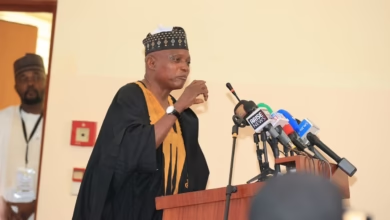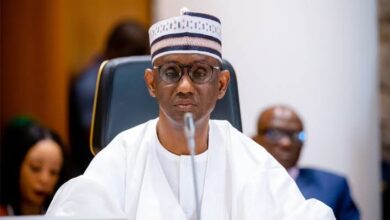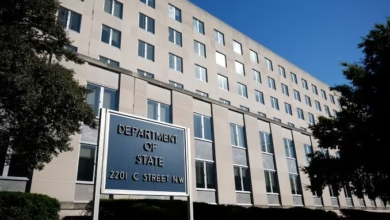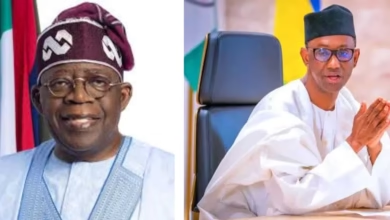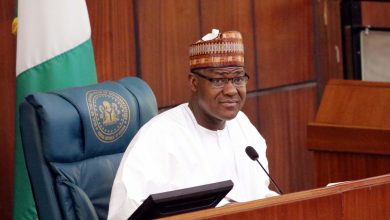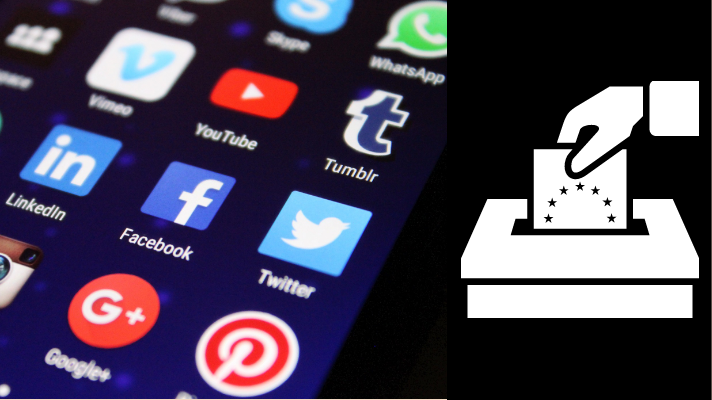
No average person 30 years ago would have predicted that Social Media would define democracy three decades ahead. The closest was William Gibson in 1984 in his masterpiece, Neuromancer. In it, he predicted a situation where there would be no geographical boundaries for the mass media and information flow because of technological advancement. The evolution of social media platforms, like Facebook, Twitter, and YouTube, have not just provided room to facilitate networking among friends but have also provided the platforms for political communication and campaign, hence giving testimony to Gibson’s prophecy.
The global political media system has undergone massive transformations over the past decade. There is a major shift in how and where people get political information and with technological advancements, more people easily turn to digital sources. With no geographical boundary, over the past decade, social media has become one of the most powerful tools in campaigns and governance.
Not left behind, Nigeria has witnessed an exponential growth in Internet and social media use in defining its political processes. Although social media platforms were already in the picture around the 2011 Presidential election, the political role of social media in Nigerian politics took a more established position during the famous OccupyNigeria movement in 2012. In a seeming unprecedented fashion, the protests saw thousands of Nigerians take to the streets to demand improvement in the fight against corruption, the reversal of the deregulation of downstream oil industries and at large, and better government accountability. Participants at the protests were mostly mobilized by social media posts; the movement exploited the networking, collaborating, and community-building potential of social media. Ever since, social media’s political function in campaigns, government, and political movements, as well as its role in the news media ecosystem in Nigeria, has rapidly broadened in reach, consequence and complexity.
The OccupyNigeria movement drove a hunger for change; so, when the merchants of change came, a large percentage of Nigerians were stoked. They picked up the gauntlet and got into the thick of things; Nigerians rallied, campaigned and even donated to the ‘change’ cause on social media. These social media platforms played a significant role in the emergence of President Muhammadu Buhari as the winner in what has been described as the most ‘free and fair election in the history of Nigeria’ in 2015.
“Elections are not won on social media but perceptions are shaped there,” says an aphorism. Indeed, social media did not win the 2015 elections. However, it molded opinion, helped create viral campaigns, checkmated irregularities, and locked down results – it was a similar case for the 2019 elections. But politics transcends the social media sphere; other factors come to play – local popularity, finances, relationship with key actors, among others. This is most likely why although some party candidates in the 2019 presidential elections may seem to have had thousands of Retweets, Shares and Likes on social media, translating to a perception of preference for their candidature, President Buhari still won the elections. He was able to engage more people at the grassroots whilst having a relatively strong online campaign.
Social media has ultimately become a tool for driving one cause or the other; from social movements aimed at socio-economic development, to direction for policy-making, to protestations against corruption, to demands for government empathy or accountability, and advocacy for an overall better performance and input by government officials.
Take the more recent instance of the proposed implementation of the controversial Rural Grazing Area (RUGA) settlement, which was suspended partly because Nigerians took to various social media platforms to oppose the policy. These platforms have created a space for intensive and productive civic engagement, political discourse and deliberative democracy, using hashtags as a coordinating and tracking strategy. In many cases social media trends do not just stop as trends, but transcend the internet to become raging topics on TV shows, radio programmes and even newspaper headlines.
Nigerians on social media are forever on the topic of who gets what, when and how and are keenly involved in conversations tilting towards a progressive country. These conversations have influenced policies, people and most definitely have influenced the opinions and decisions of those in power.
Four years ahead of the 2023 Presidential election, commentaries on the agenda of that political epoch are already being held – on the internet space. The divide on social and digital media platforms, like Twitter, Nairaland and Facebook are getting wider with partisanship, interests and sentiments palpable in the tone of posts. The character of the political discourse on these platforms is already defining the persona of who users seek would emerge as their next president – or not.
Jasmine Osai, a development and media enthusiast writes from Port Harcourt.

